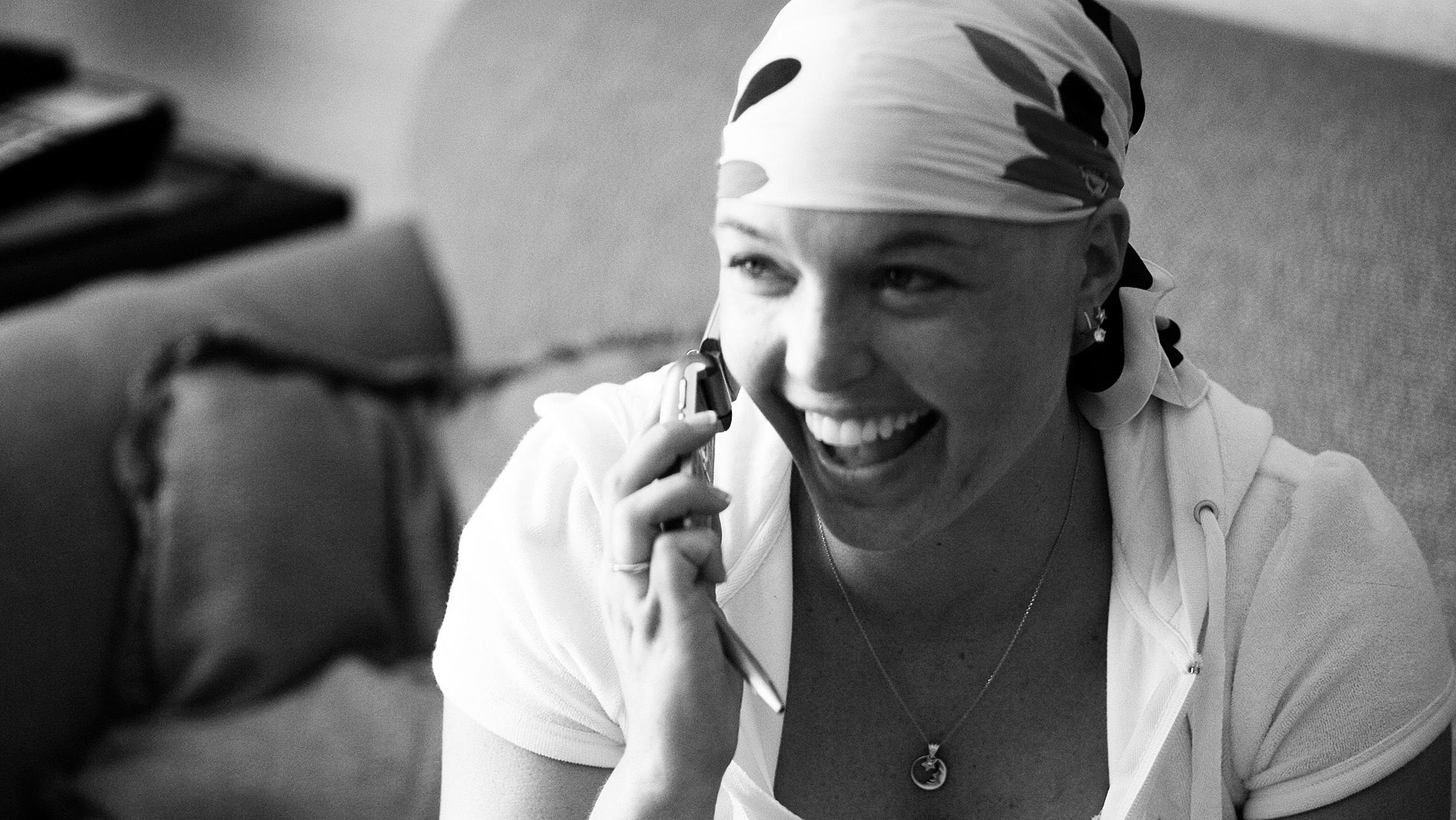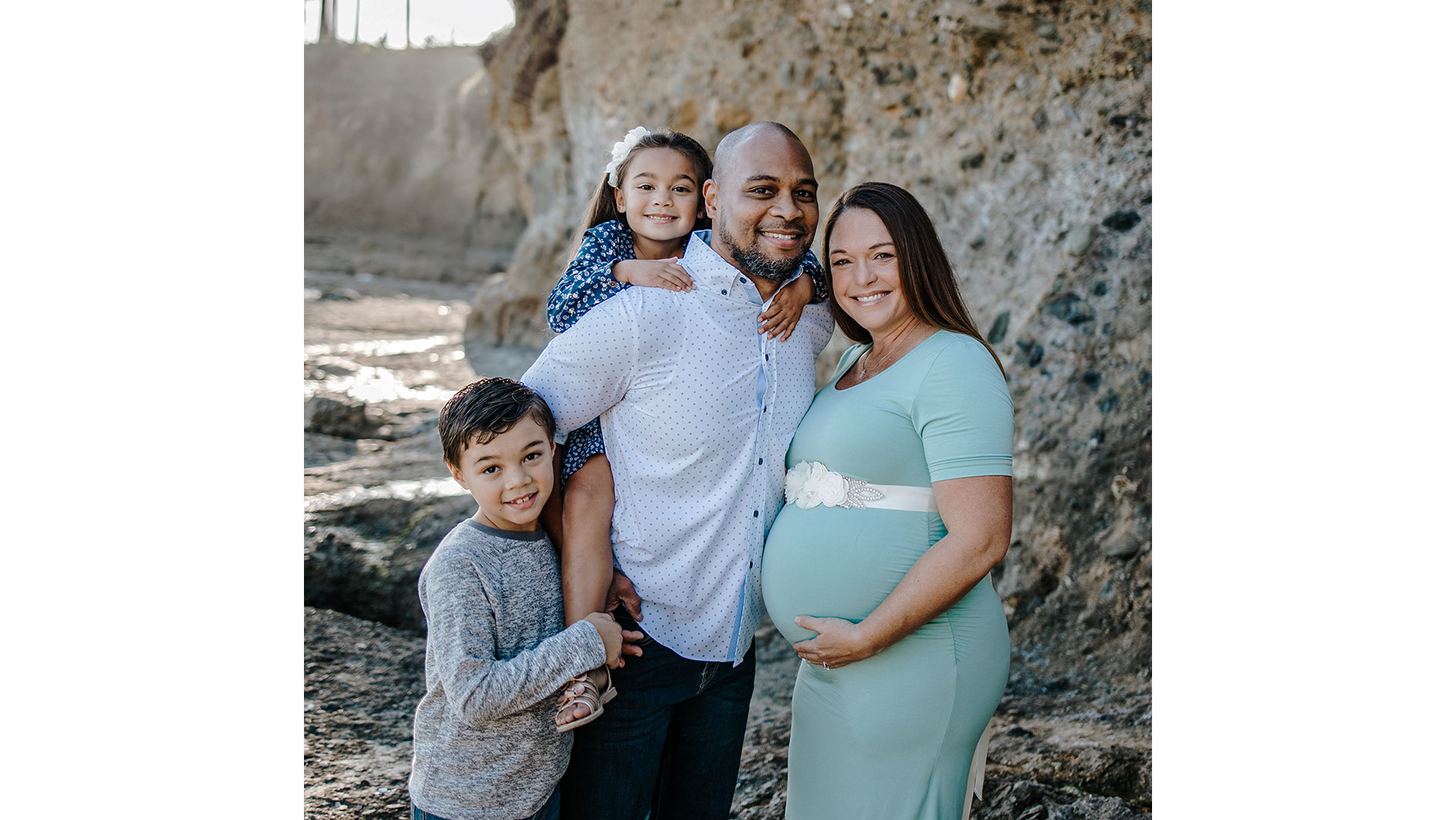Share Article
When Wendy Peterson was in college, she had plans to be a doctor. While pursuing a double major in biology and communications, she learned about pharmaceutical sales. It combined her loves of education and medicine, and at age 23, when she graduated from college, she landed her first job in the field.
Four years later, as she was settling into her career, she was diagnosed with breast cancer. She was completely caught off-guard – she was young, and at the time she was diagnosed, Wendy had no family history of cancer. It was a conversation with soccer friends from college which led her to perform her first self-breast examination. She found a lump.
“I feel so fortunate that my doctor listened to me at 27, and took me seriously,” she says.
Wendy was sent to have a mammogram, ultrasound and then a biopsy. The results showed that her cancer had already progressed to stage 3. “At first, I remember being in denial, and then it was terrifying,” she says.
She started chemotherapy, and in the middle of her treatment, she got married.

“I was bald as a baby on my wedding day,” she says. “I was determined not to let cancer define me or stop my life.”
The lessons Wendy learned along her cancer journey stuck with her. She shifted her career specialty to oncology, and today she works at Gilead, joining through the Immunomedics acquisition, sharing information with medical professionals about the company’s metastatic triple-negative breast cancer treatment.
“I really consider it a teaching position,” she says.
From Surviving Cancer to Mentoring Women with Breast Cancer
Outside of work, Wendy spends her time mentoring women as they navigate breast cancer diagnoses. When she was first diagnosed, two women took her under their wing.
“I used to call them my breast friends,” she says. “When I was so overwhelmed, and feeling burdened and down, they lifted my spirits, went to appointments with me and told me about their experiences. One of them said, ‘If you get through this, pay this forward one day.’”
It’s been 14 years since Wendy’s diagnosis, and she’s taken that request seriously. She contributes to a support group at her church and takes referrals from friends. Her oncologist has also passed on her name and number.
“The reason I mentor women who are newly diagnosed now is because I remember how scared I was,” Wendy says. “Doctor’s appointments were like having a meeting in a foreign language to me.”
Due to her experience navigating cancer, and her work in the oncology field, Wendy says she’s able to act as a translator for other women as they face complicated diagnoses and treatment plans.
“I just try to be there in whatever capacity they need me,” she says. “Often, it’s answering questions, going to appointments and taking notes for people. During the pandemic, it’s a lot of texts and phone calls to lift people up and tell them they can get through this.”

Today, Wendy is cancer free. She recently had her third baby. But even with a full career and family life, she is committed to volunteering her time educating and supporting women with cancer.
“I count my blessings every day,” she says. “It’s great to be a part of Gilead as we widen our scope to bring these medicines to even more people with cancer. I feel so fortunate to be able to combine my experience and passion with my occupation – I love what I do.”

